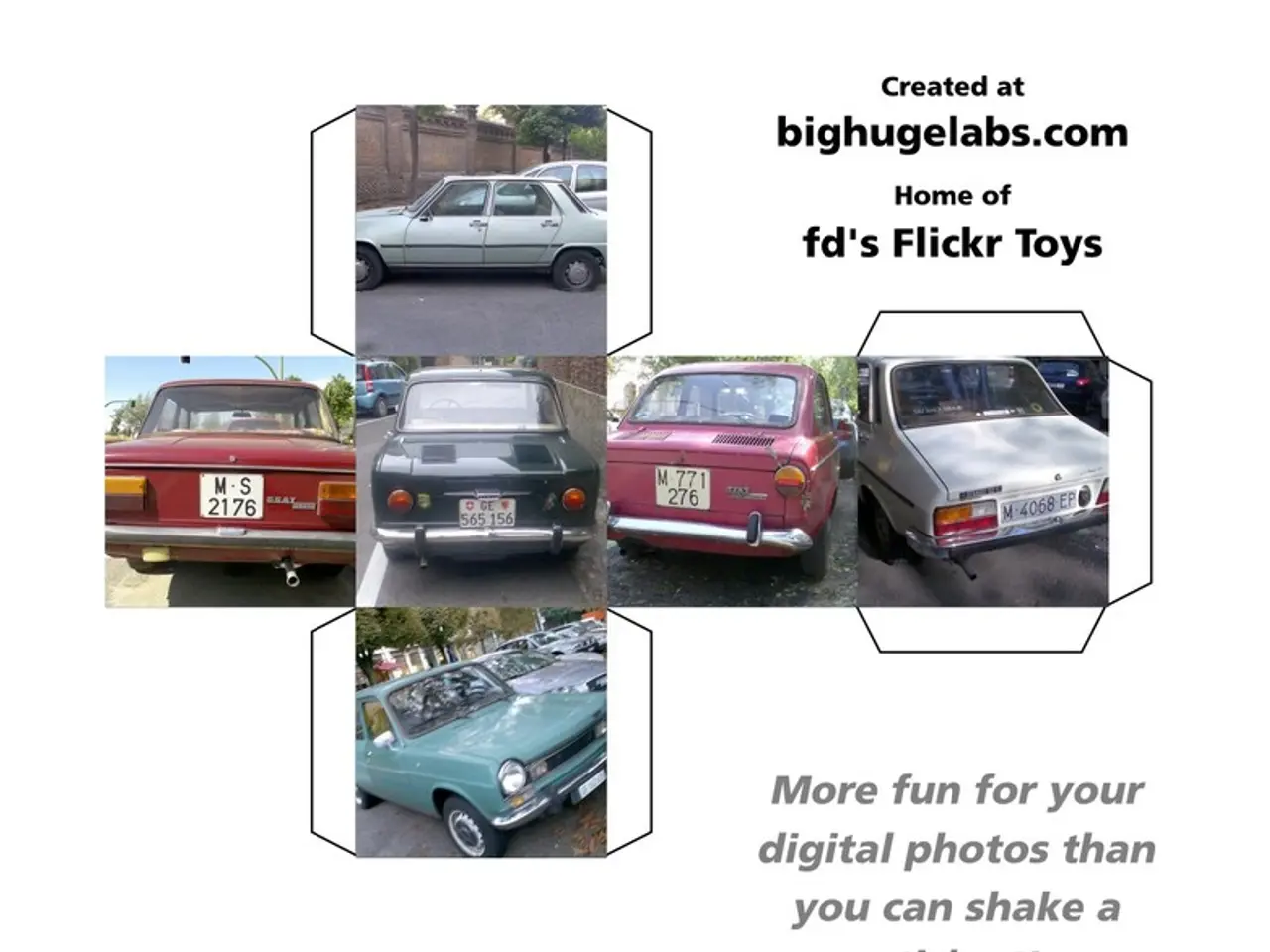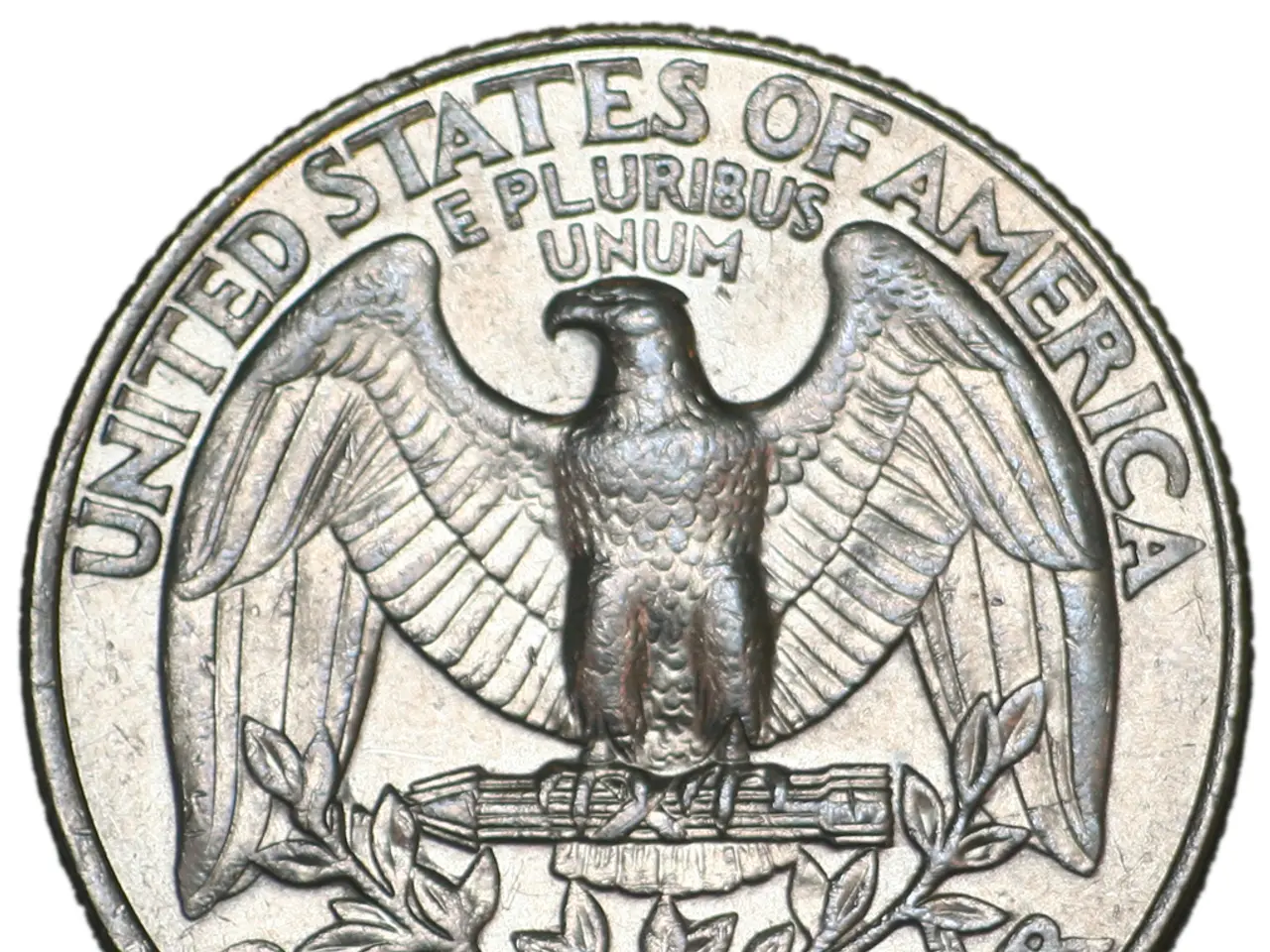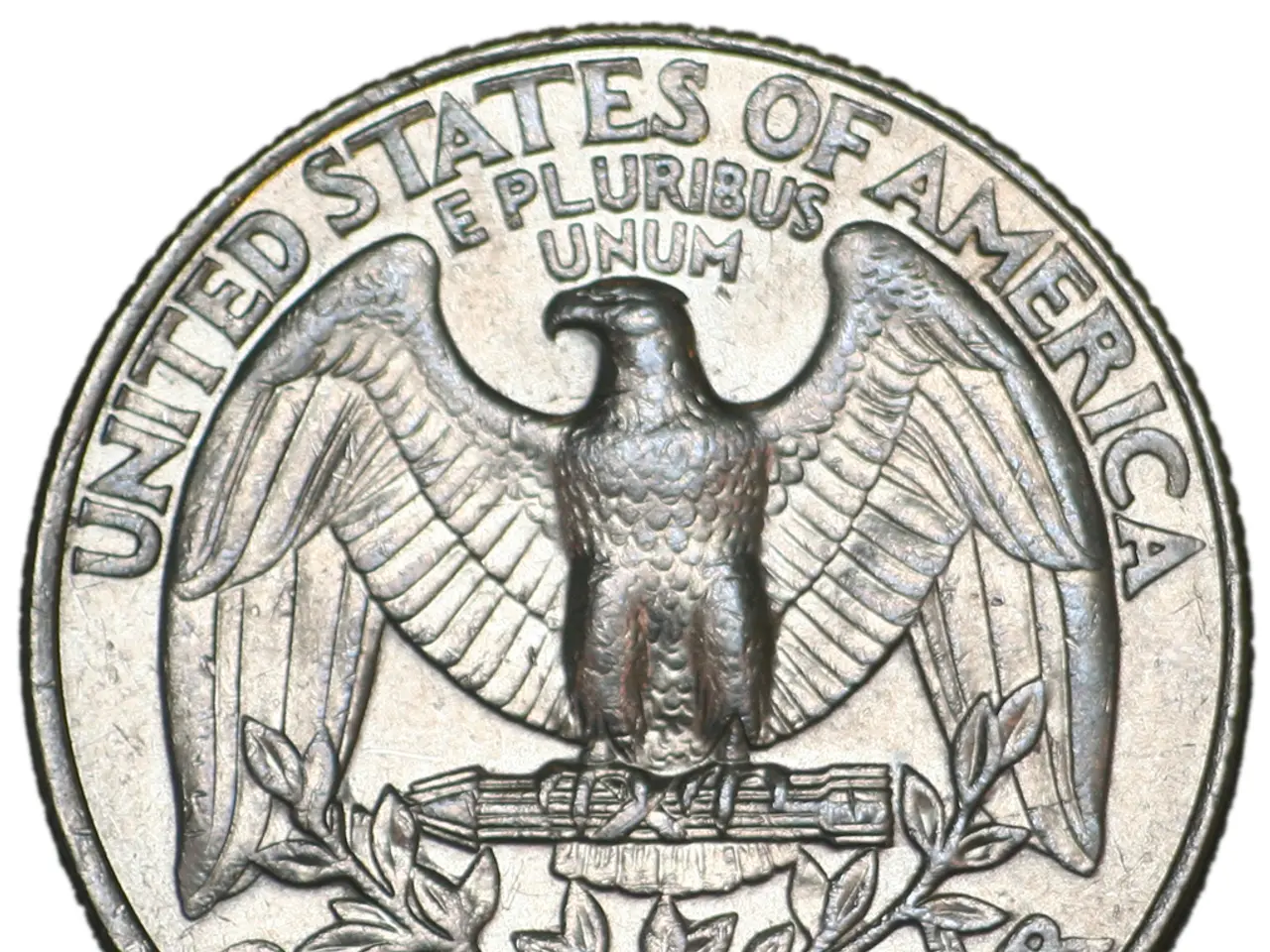Baden-Württemberg's car construction endeavors explained by Özdemir
In the upcoming spring election to the state parliament in Baden-Württemberg, the Green Party's top candidate, Cem Özdemir, has outlined a strategy to secure the future of the region's automotive industry. Recognising the challenges posed by global competition, particularly from rivals like China and the USA, the Green Party aims to position the industry as a driver of ecological transformation and economic opportunity.
Özdemir, a leading Green politician in the region, has emphasised the necessity of maintaining technological leadership in digitised cars with electric drive. He believes that future technologies such as robotics, software, new generation batteries without rare earths, and autonomous driving will determine industry leadership in the coming years.
To achieve this, the Green Party plans to promote electromobility as the core future automotive technology. They propose encouraging in-state battery production to create a competitive value chain. Moreover, they support CO2-neutral innovations with streamlined government incentives to stimulate industry adaptation and innovation.
This strategy aligns with larger EU regulatory trends pushing for the phase-out of combustion engine vehicles by 2030 for company fleets. Given that Baden-Württemberg is a traditional German automotive hub, home to significant production sites for Mercedes-Benz and Porsche in Untertürkheim, Zuffenhausen, and Rastatt, the Green Party’s approach combines market incentives with ecological goals to strengthen local industry while responding to international competition.
Özdemir, in a statement to the "Schwäbische Zeitung", expressed his belief that the best cars in the world can continue to be produced in these locations. Despite recent profit losses suffered by both Mercedes-Benz and Porsche, he remains optimistic about the industry's future in Germany.
However, Özdemir has criticised the USA for not playing fair in the automotive industry, referring to tariffs. He believes that finding answers to ensure the continued success of the German automotive industry and its employees is crucial. His vision for the future of the automotive industry emphasises digitised cars with electric drive.
In conclusion, the Green Party's strategy for the automotive industry in Baden-Württemberg aims to promote electromobility, encourage in-state battery production, support CO2-neutral innovations, and position the industry as a driver of ecological transformation and economic opportunity. This approach represents a market-friendly ecological policy designed to help Baden-Württemberg's automotive industry maintain and enhance its global standing amid pressures from major international competitors.
In the context of Özdemir's vision for the future of the automotive industry in Baden-Württemberg, he aspires to integrate advanced technologies such as electric vehicles, robotics, and software to ensure its competitiveness in the sports of global market, countering rivals like China and the USA. The Green Party's approach to weather the challenges posed by climate change involves nurturing technological leadership in digitised cars with electric drive, while also advocating for climate-neutral innovations in the region.




